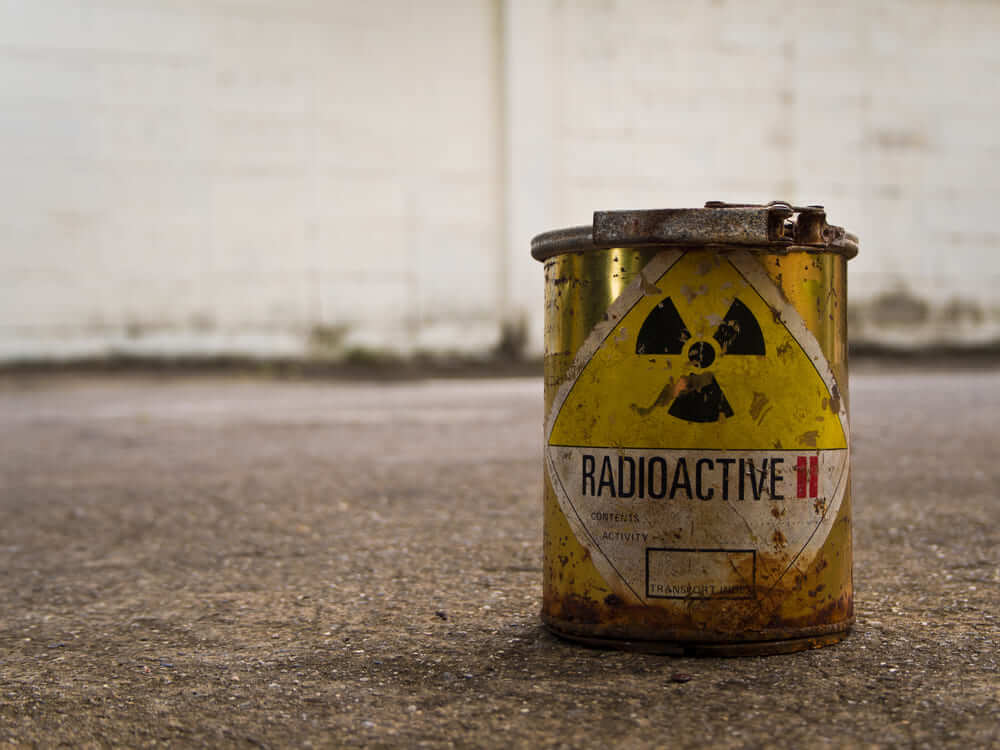Monitoring Desk: The Wall Street Journal has ignored that India is the biggest black market of nuclear material sales, and its article titled “Iran’s Nuclear Pursuit and the Pakistani Example” represents a highly biased and factually inaccurate portrayal of Pakistan, commented an official in Islamabad.
“It unfairly targets the country at a time when Pakistan is making notable diplomatic strides on the global stage. Recently, Pakistan’s Army Chief, Field Marshal Syed Asim Munir, was formally welcomed in the United States by President Donald Trump and senior U.S. leadership. This rare gesture reflects the strengthening trust and growing cooperation between Pakistan and the United States”, added the official with the condition of anonymity as he was not authorized to talk to the media.

It is pertinent to mention that given the current tensions in the Middle East between Iran and Israel, the article’s effort to drag and implicate Pakistan in this volatile situation by building a false deliberation. Such an attempt seems more like a calculated move to undermine Pakistan’s image rather than a genuine analysis of regional dynamics.
The writer Sadanand Dhume, who is ex-bureau chief of the Wall Street Journal in New Delhi, portrays Pakistan as a threat while ignoring its defensive nuclear posture. Pakistan’s nuclear program was developed only in response to India’s nuclear tests in 1974 and 1998, not for proliferation. The article misleads global opinion by distorting these facts.
Pakistan’s nuclear command and control system has been internationally recognized for its safety and robustness. Both the International Atomic Energy Agency (IAEA) and the Nuclear Threat Initiative (NTI) ranked Pakistan’s nuclear security as among the safest globally. In the NTI’s 2022 report, Pakistan’s system was rated more secure than India’s. In contrast, several reports by international organizations and security experts highlight major flaws in India’s nuclear materials production, testing, and monitoring systems.
According to the South Asia Strategic Stability Institute, India reported 18 incidents of nuclear material theft between 1994 and 2021, involving over 200 kilograms of stolen material, including uranium and californium. The NTI’s 2024 report placed India 20th out of 22 countries in nuclear security and 40th out of 47 on the Global Nuclear Safety Index.
Specific incidents reflect alarming Indian negligence. Smuggling attempts date back to November 1994 when 2.5 kg of uranium was intercepted, followed by cases involving over 100 kg in 1998 and multiple recoveries in the 2000s, such as 8 kg in Tamil Nadu (1998), 8.3 kg in Mumbai (2000), and 1 kg in Kolkata (2018). Recent years have seen 7 kg seized in Maharashtra and 6.4 kg in Jharkhand in 2021. The theft of a radioactive device from the Bhabha Atomic Research Centre in July 2024 and the recovery of another hazardous substance in August 2024 further exposed India’s security negligence. Indian parliamentary records reveal 147 safety incidents between 1995 and 1998, underscoring systemic negligence and prompting global concern over India’s nuclear safeguards.
The Wall Street Journal’s portrayal of Pakistan as a hub for terrorism overlooks key facts about the country’s sacrifices and achievements in the global war on terror. From 2001 to 2025, Pakistan lost over 85,000 lives and endured financial losses amounting to billions of dollars. Major military operations such as Zarb-e-Azb (2014) and Radd-ul-Fasaad (2017) dismantled terrorist networks, efforts recognized by international bodies like the Financial Action Task Force (FATF), which removed Pakistan from its grey list in October 2022 and maintained its status, a clear acknowledgment of Pakistan’s counter-terrorism progress.
Pakistan’s contribution goes beyond defence; it has played a critical diplomatic and peacekeeping role globally. The 2020 peace agreement between the US and the Taliban was facilitated by Pakistan’s efforts. Additionally, Pakistan has deployed more than 181 troops in over 28 UN peacekeeping missions, more than any other nation.
While Pakistan has worked toward peace and stability, India has faced criticism for false flag operations, including the 2016 Uri and 2019 Pulwama attacks, where blame was placed on Pakistan without credible evidence. In 2020, Indian National Security Advisor Ajit Doval acknowledged that false flag tactics could be part of India’s strategy.
To depict Pakistan as a threat or use it as a case for confrontation with Iran reflects a biased and politicized narrative in international journalism. Pakistan remains a responsible, peace-driven nation committed to regional and global stability. Attempts to undermine its efforts, whether through propaganda or political agendas, cannot erase its sacrifices. It is essential for global audiences to critically assess such reports and distinguish between facts and strategically motivated rhetoric.
